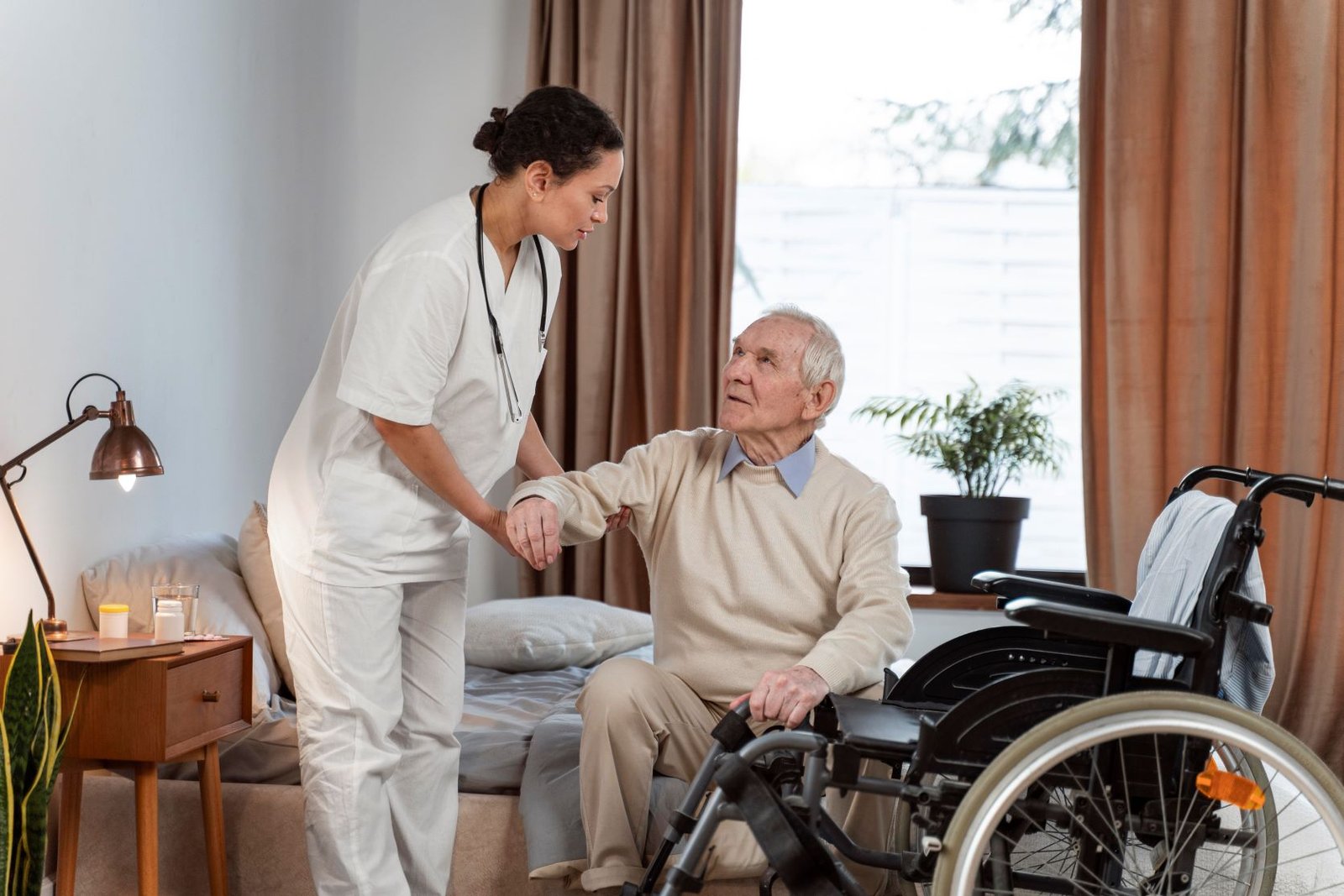
Home Nursing Care
Home nursing care involves the provision of medical and non-medical healthcare services to patients in the comfort of their own homes. This type of care is essential for individuals who require ongoing medical attention, assistance with activities of daily living, or support during recovery from illness, surgery, or chronic conditions.
Home nursing care is highly individualized, with services tailored to the specific needs and preferences of the patient. It allows individuals to receive the necessary care while remaining in a familiar and comfortable environment, promoting a sense of independence and well-being.
Assessment and Monitoring
Home nurses begin by conducting thorough assessments of the patient's health, which may include vital sign monitoring, medication review, and medical history evaluation. They continuously monitor the patient's condition, tracking changes and promptly addressing any concerns.
Medication Management
Home nurses ensure that patients take their medications as prescribed by their healthcare provider. They may administer medications, educate patients and their families about proper medication management, and report any adverse reactions or side effects.
Wound Care
For patients with wounds, surgical incisions, or chronic skin conditions, home nurses provide wound care, including cleaning, dressing changes, and monitoring for signs of infection or complications.
Intravenous (IV) Therapy
If a patient requires intravenous medications or fluids, home nurses can administer and manage IV therapy, ensuring that the patient receives the appropriate treatment.
Pain Management
Home nurses help manage pain through medication administration, physical therapy, or other non-pharmacological interventions, ensuring the patient's comfort.
Chronic Disease Management
Home nursing care is often crucial for patients with chronic conditions such as diabetes, heart disease, or respiratory illnesses. Nurses assist patients in managing their conditions, educating them about symptom management, lifestyle modifications, and self-care.
Assistance with Activities of Daily Living (ADLs)
Home nurses help patients with basic ADLs, including bathing, dressing, grooming, toileting, and mobility assistance. They also provide support with activities like meal preparation and light housekeeping.
Educational Support
Nurses educate patients and their families on various aspects of healthcare, including managing chronic conditions, recognizing warning signs, and promoting overall well-being.
Emotional Support
Home nurses provide emotional support to patients and their families, helping them cope with the challenges of illness or recovery. They offer reassurance, lend a sympathetic ear, and connect patients with counseling or mental health services if needed.
Coordination of Care
Home nurses often work closely with other healthcare professionals, such as physicians, therapists, and social workers, to ensure that the patient receives comprehensive and coordinated care.
Hospice and Palliative Care
For patients with terminal illnesses or those in need of end-of-life care, home nursing can include hospice and palliative care services, focused on pain management, comfort, and emotional support.
